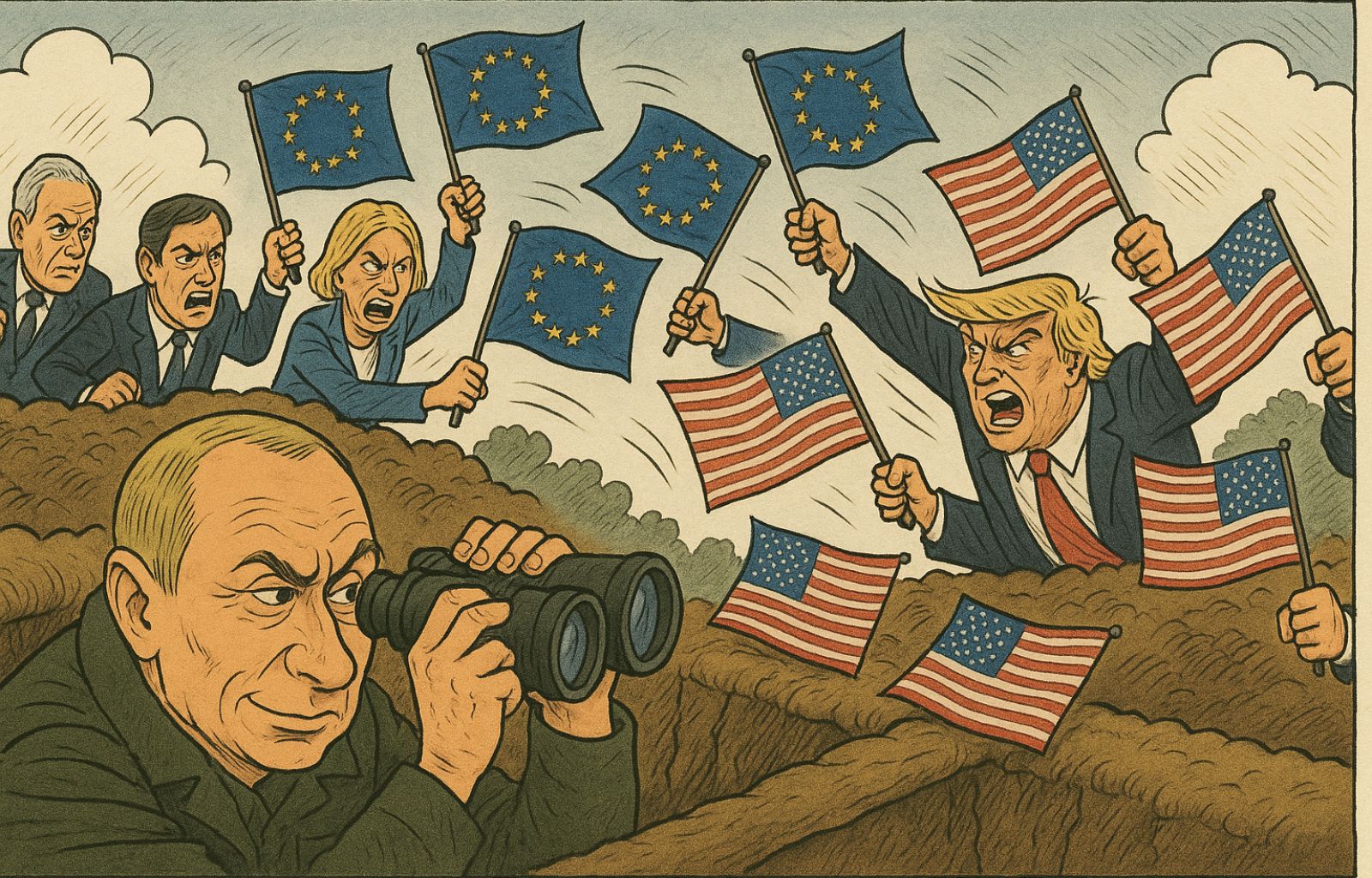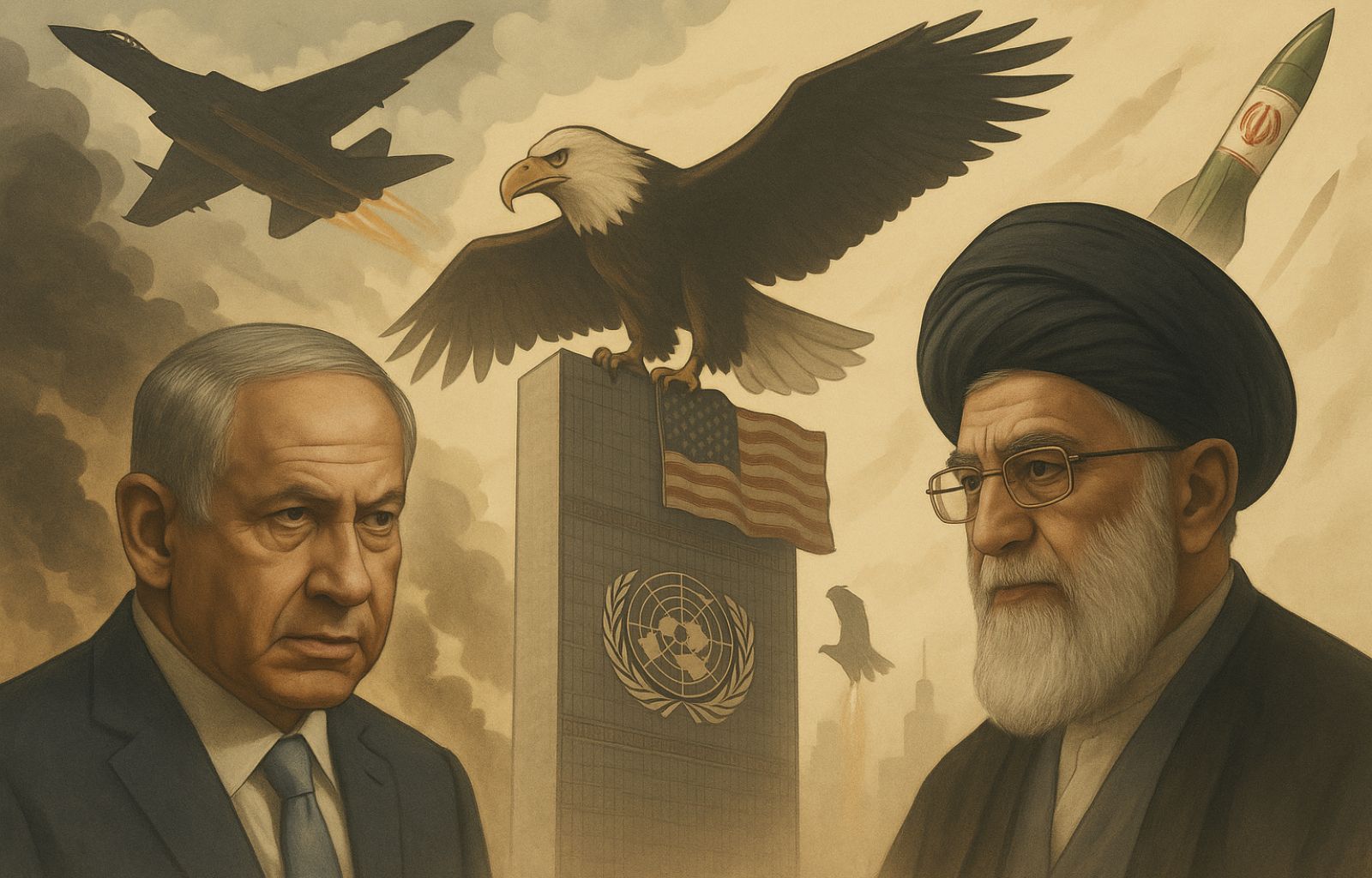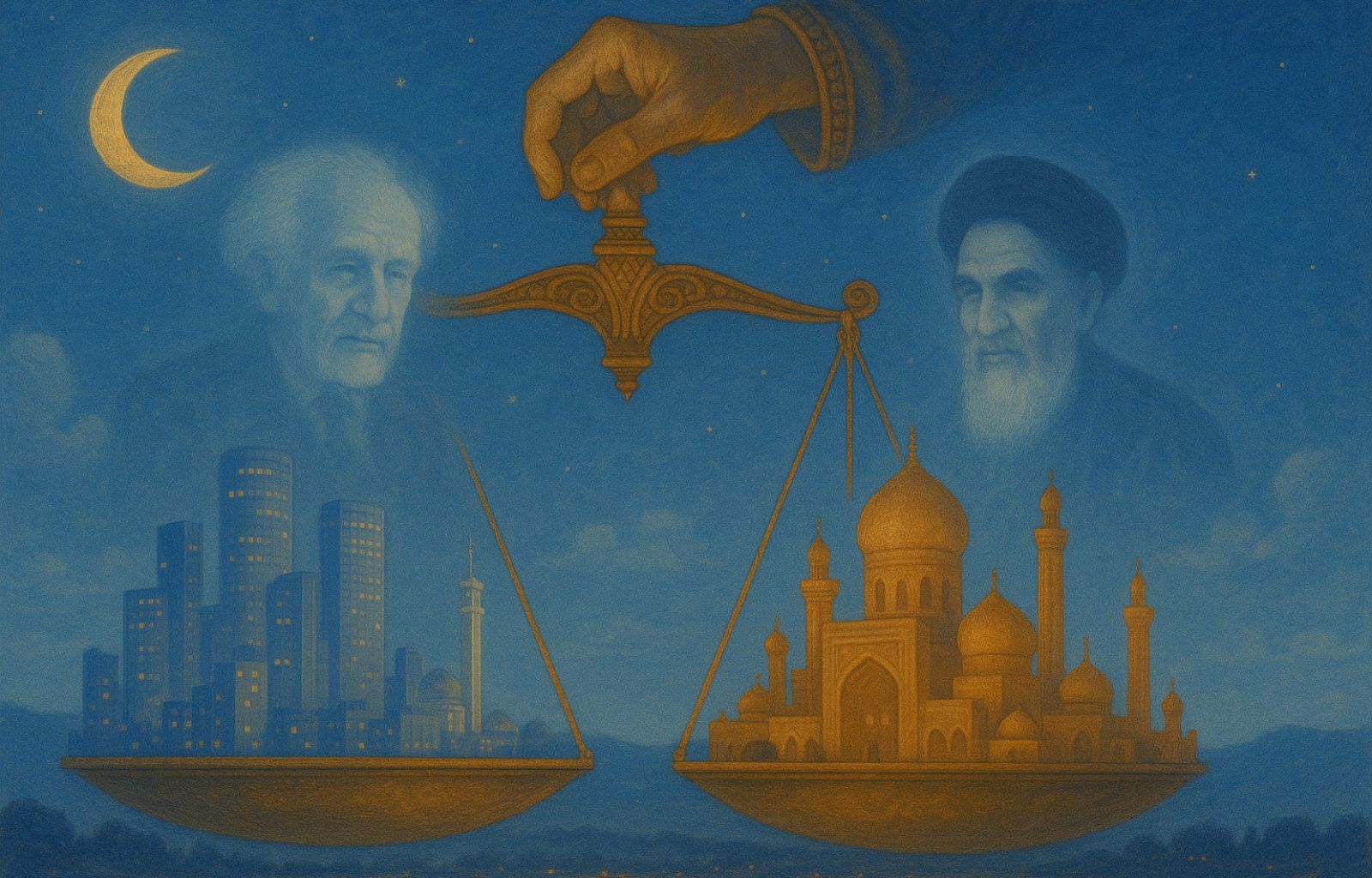Farewell to Golos, the last window on the Russian vote. The ballot box goes under lock and key

In Russia, when a space is closed, it is never walled off quietly. It is made loud, it is humiliated, it is tried. It serves to make it clear that no one is safe. It happened again this time.
On 9 July 2025, the Moscow Civil Court decreed the forced liquidation of Golos, the last independent organisation involved in election monitoring. Not just any NGO, but the last remaining civil voice to ensure a minimum of transparency in Russian electoral processes, from Kaliningrad to Vladivostok.
Struck by the label of ‘foreign agent’ since 2013, surviving the clampdowns of 2016, the purges of 2021 and the full militarisation of politics after 24 February 2022, Golos had continued to document, report, inform. With minimal tools, under constant surveillance, using volunteers and digital tools, often improvised. A civil resistance in the heart of a regime that has made the control of information the lintel of its survival.
Its co-chairman, Grigory Melkonyants, has been under preventive arrest since 17 August 2023. He is accused – so to speak – of ‘collaborating with an undesirable organisation’, specifically the European Network of Election Monitoring Organisations. In Putin’s Russia, collaborating with international networks on the transparency of voting is no longer a guarantee of trustworthiness, but circumstantial evidence of subversion.
An 87% farce
The timing is no coincidence. In March 2024, the Russian Federation celebrated its ‘presidential elections’. Vladimir Putin won, officially, 87.28% of the vote – his best result ever, in a crescendo that for years has measured not so much popularity as power’s need to self-confirm its rule in an increasingly grotesque manner. According to the Central Electoral Commission, the turnout was 77.4%, with ‘miraculous’ peaks in the occupied regions of Ukraine, where ballot boxes arrived with armoured vehicles and ballot papers with Kalashnikovs.
Those who insist on looking for politics behind the numbers have not understood that the Russian elections are no longer a competition, but a liturgical ritual. The system of ‘filter candidacies’ guarantees the presence of false antagonists, selected so as not to disturb the manoeuvre and give the farce a pathetic semblance of legitimacy.
In 2024, the only genuine outsider, Boris Nadezhdin, was excluded despite having collected over 200,000 signatures – twice as many as required – due to alleged formal errors. Among the ‘problems’: signatures of deceased or duplicated citizens, accusations that have never been proven, all managed by election commissions that answer directly to the Kremlin.
Even the electronic voting mechanism – now widely used in several regions – is opaque and uncontrollable: according to Golos, in areas where digital voting is predominant, Putin’s margin of victory was systematically over 90%. The electoral authorities themselves have admitted that the system does not allow for independent verification. A black box with no key.
The pedagogy of terror
The systematic elimination of all forms of political opposition has taken on a spectacular dimension in recent years.
Alexei Navalny, the most notorious opponent of the regime, died on 16 February 2024 in a penal colony in the far north, in circumstances that have never been clarified. He had suffered a poisoning attempt, had been transferred several times to harsh prisons, deprived of medication, isolated, punished with hard labour cells for ridiculous reasons (an open seam in his uniform, a word spoken out loud, a salute not allowed). His death was a clear message: he who dares, pays. And he who watches, keep silent.
The same treatment is meted out to anyone who attempts to organise, speak out, document. Vladimir Kara-Murza, journalist and activist, was sentenced to 25 years in prison for ‘high treason’ as a critic of the conflict in Ukraine. The few remaining independent media have been closed down, exiled or branded as ‘foreign agents’. Citizens demonstrating, even if only holding a white placard, are arrested within minutes. The penal code has been rewritten to suit the war: every word can become a crime.
Golos, in this scenario, represented the last civilised instrument of fact-checking, the only chance to count votes outside the confines of propaganda. Not that it could change the results – it no longer had the power to do so – but it kept a light on in an increasingly dark room, collecting testimonies, exposing abuses, documenting the systemic distortions of the electoral process.
Who is afraid of the truth
Closing Golos today means putting the final seal on the illusion that spaces of political legality can still exist in Russia. It is not just a judicial repression, it is a symbolic revenge against those who for years have been telling the truth, even when everything was pushing for adaptation, cynicism, escape.
For the Kremlin, truth is a risk. Disinformation, on the other hand, is strategy. As demonstrated by the coordinated campaigns to construct a narrative in which Russia appears as a bulwark against the ‘decadent West’, in which NATO is the aggressor and Ukraine a territory to be denazified. A propaganda construction so pervasive that it has also infected part of European public opinion, which is willing to believe that there are no aggressors and aggressors, but only ‘geopolitical complexities’.
This is why Golos had to disappear. Because in a system where nothing is free, even fiction can no longer tolerate the presence of reality.
The last key has been turned
With the closure of Golos, Russia loses its last mirror.
No one will count votes any more. No one will document fraud any more. No one will be able to testify any more that, under the smooth surface of power, fears, frailties and lies are stirring.
From now on, Russian elections will be a play without an audience, broadcast by state broadcasters, applauded by officials, validated by commissars, observed only by satellites.
For those watching from the outside, the obligation is not to turn away. Do not give in to the rhetoric of ‘it has always been this way’. Do not mistake stability for peace, order for justice, silence for consensus.
Because what you let happen once, can happen anywhere. Even here.












